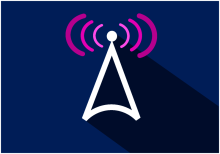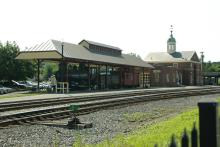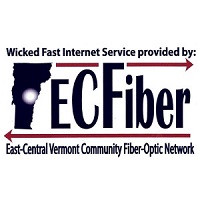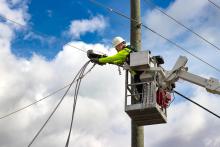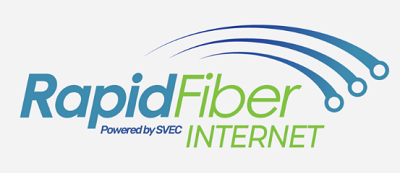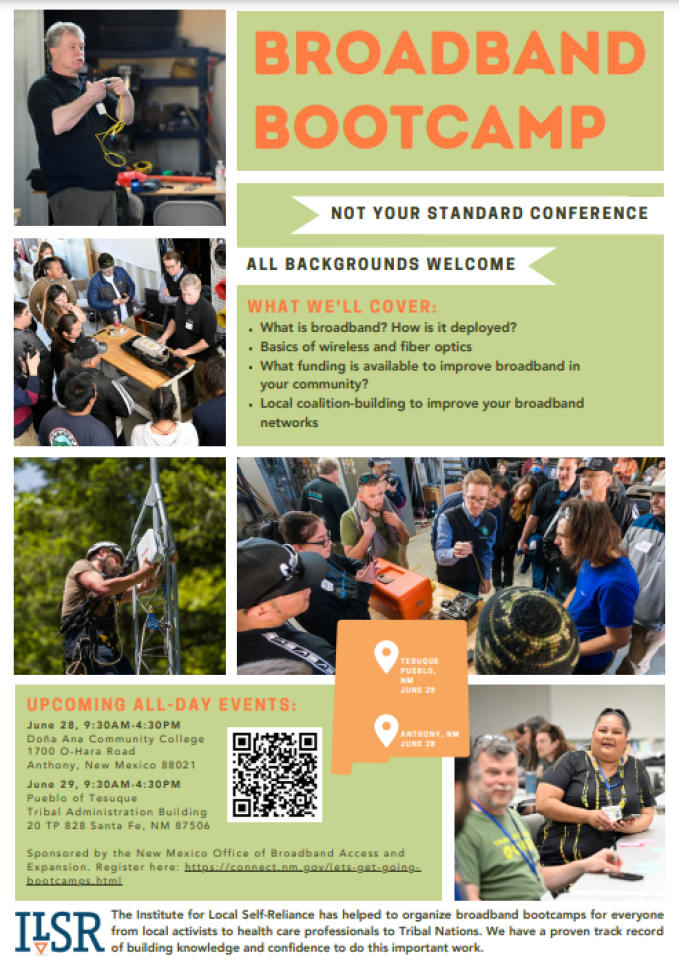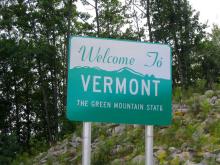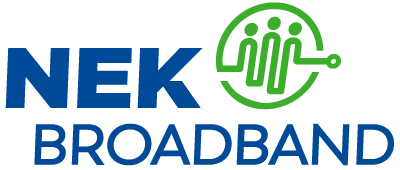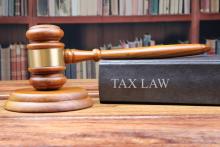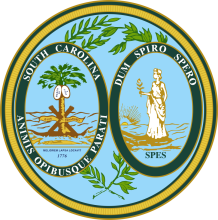CBN’s Signal To Noise Ratios
Now that there’s broad consensus high-speed Internet connectivity should be universally accessible, there’s no shortage of broadband news/content floating around out there.
There’s the wheat (more truthful, useful, and informative stuff); the chafe (a mundane grain of truth buried under a steaming pile of bs), and a vast spectrum of perspectives in between.
In this new space we will highlight insightful news stories, blog posts, podcasts, or videos we’ve come across over the past week or so – with an eye to separate the signal from the noise.
Downloading now …
What Happened to Gigi?
While the FCC has been defanged in many ways, the agency is still at the center of our shared telecommunication ecosystem. So when President Biden nominated Gigi Sohn to serve as the fifth and final commissioner to break the 2-2 partisan deadlock at the agency, numerous consumer and public interest groups were ecstatic. The nation’s telecommunication workers backed her nomination. She even had the respect and quiet support of a number of conservative lawmakers.
But her nomination was sunk by a vicious smear campaign, which led her to withdraw herself from consideration in March.
At the Broadband Communities Summit in May she described the process both like being put in a “washing machine full of rocks” and going through “a 16 month proctology exam.”


